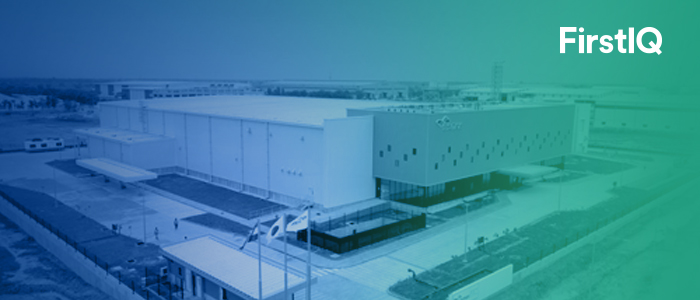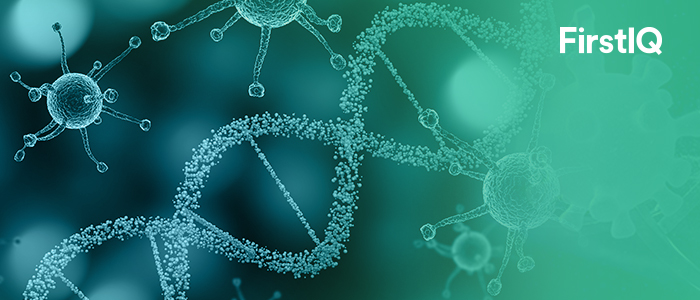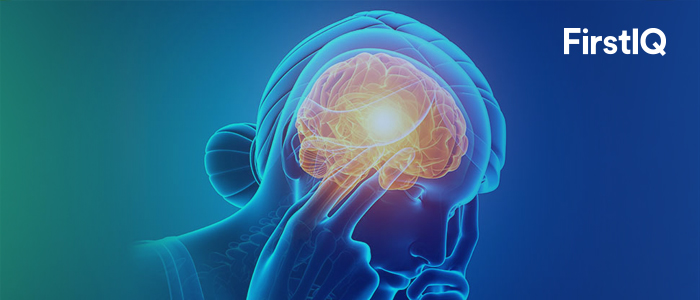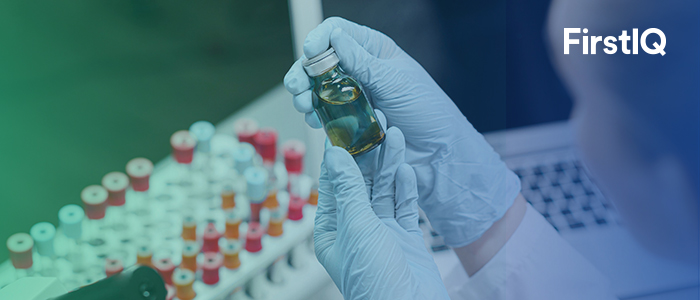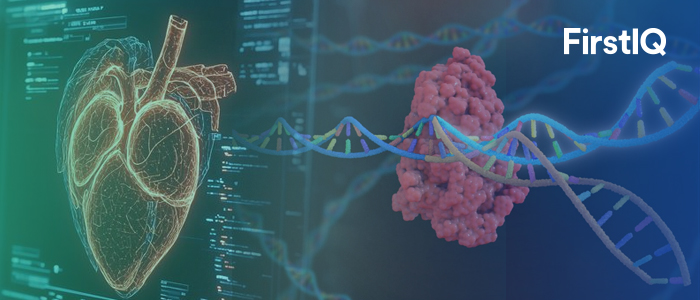AstraZeneca Deepens China Presence with USD 2.5 Billion CSPC Collaboration Focused on Artificial Intelligence –Driven Drug Innovation
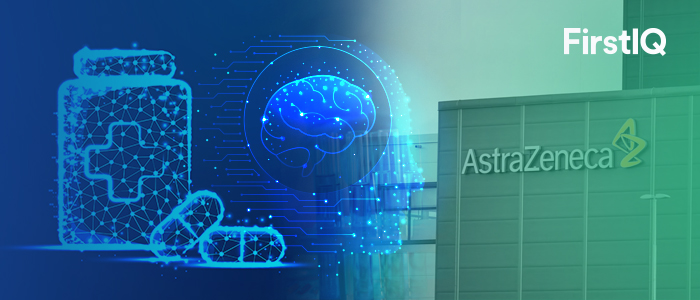
Artificial intelligence is revolutionizing the process of drug development by accelerating target discovery, maximizing compound design, and forecasting clinical outcomes with increased accuracy. AstraZeneca with its revolutionary vision of integrating artificial intelligence in the discovery and designing of unique oral candidates, having potential of treating multiple indications. With this proactive move the company has announced strategic collaboration with CSPC Pharmaceuticals Group Limited, based in Shijiazhuang City, China on June 13th, 2025. Further, AstraZeneca with the investment of USD 2.5 billion, wisely expands its geographic presence in Beijing, China. Further, the co-development will utilize a dual engine drug discovery platform powered by artificial intelligence, to analyse target protein binding patterns with existing compound molecules and perform targeted optimization in order to identify highly effective small molecules with exceptional developability.
Sharon Barr, Executive Vice President and Head of BioPharmaceuticals R&D at AstraZeneca, revealed that, “This strategic research collaboration underscores our commitment to innovation to tackle chronic diseases which impact over two billion people globally. Forming strong collaborations allows us to leverage our complementary scientific expertise to support the rapid discovery of high-quality novel therapeutic molecules to deliver the next-generation medicines.”
According to Krishna Bulusu, senior director in oncology data science at AstraZeneca, “Artificial intelligence (AI) is transforming drug discovery, but its implementation must be thoughtful and strategic.” He further added, “Accelerating drug discovery doesn’t just mean doing the same thing very, very fast. It means that we’re also going to do different things, and we’re going to do things more efficiently.”
Unlike traditional lab research, artificial intelligence allows for quicker identification of lead drug candidates. Revolutionizing drug discovery, here are the few key ways artificial intelligence is transforming the future of medicine:
- Quickly identifies targets through the analysis of intricate biological data.
- Uses virtual screening and predictive modeling to optimize molecular design.
- Lowers research and development expenses by reducing early-stage trial-and-error.
- Increases success rates by improving the efficacy and safety prediction of drugs.
- Makes personalized medicine possible by using patient-specific data to create customized treatments.
Artificial Intelligence Impact on Researchers
- Enables de novo drug design by generating novel molecular structures with desired properties.
- Uncovers hidden biological pathways through advanced pattern recognition in omics data.
- Predicts off-target effects early, reducing late-stage trial failures.
- Facilitates adaptive clinical trial design by simulating trial outcomes in silico.
- Integrates real-world evidence to refine hypotheses and prioritize research directions.
Future with artificial intelligence in Drug Discovery
AstraZeneca's partnership with CSPC demonstrates the revolutionary power of artificial intelligence in revolutionizing drug discovery. By combining advanced algorithms and deep biological insights, artificial intelligence is enabling faster, precision-driven discovery and development of therapeutic candidates. This transformation holds the potential for faster access to personalized medicine for patients, wiser clinical choices for practitioners, and more effective, data-intensive innovation for scientists. As artificial intelligence continues to advance, it will be a key element in accelerating the future of medicine.
